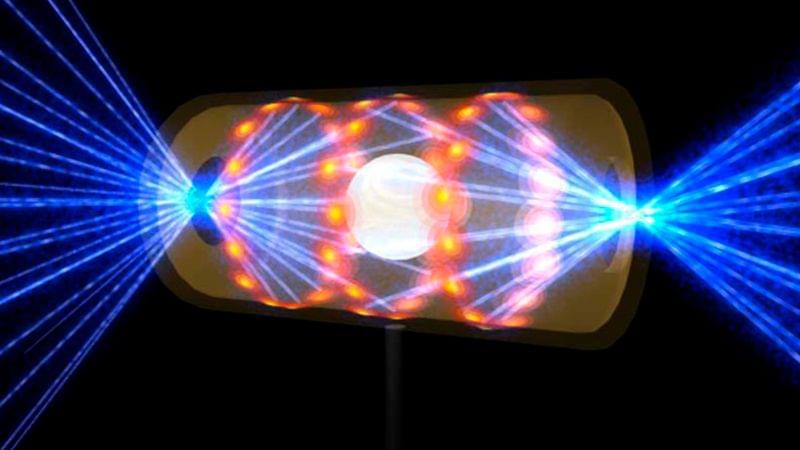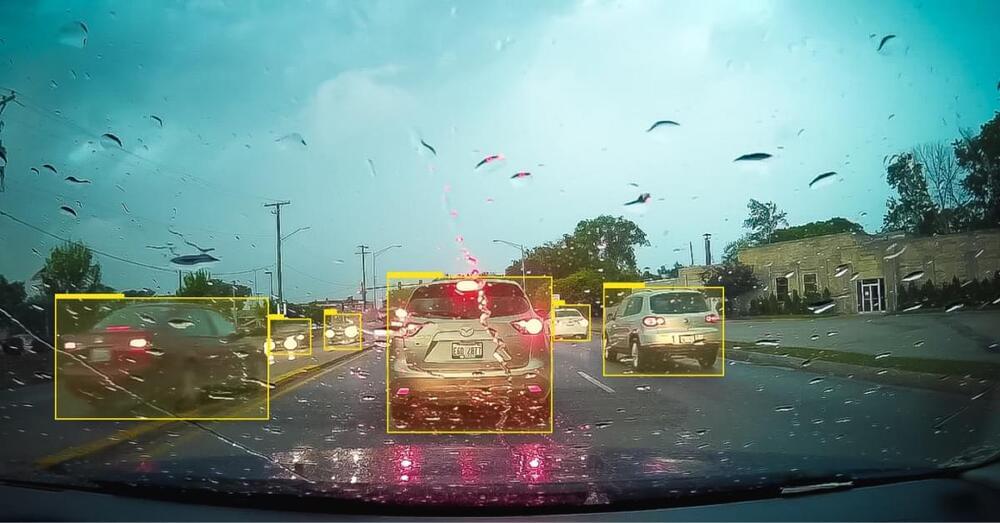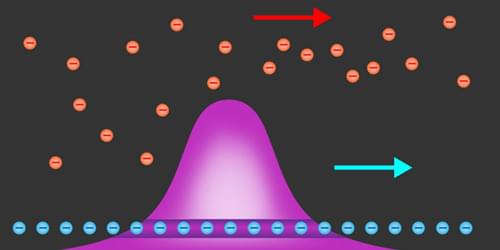At number 20 on IE’s 22 best innovations of 2022, we take a look back at this intimate invention.
Can you imagine kissing someone you love long distance? As sci-fi films have showcased this is one innovation that is desired by many. In May of 2022, Carnegie Mellon University’s Future Interfaces Group released a new invention that consists of a headset that can achieve just that.
This impressive achievement was done using ultrasonic transducers.
Ibrahim Can/Interesting Engineering.
More specifically, the headset recreates the sense of touch on a wearer’s face — for example, a kiss on the mouth — without adding any parts that actually cover that area.






